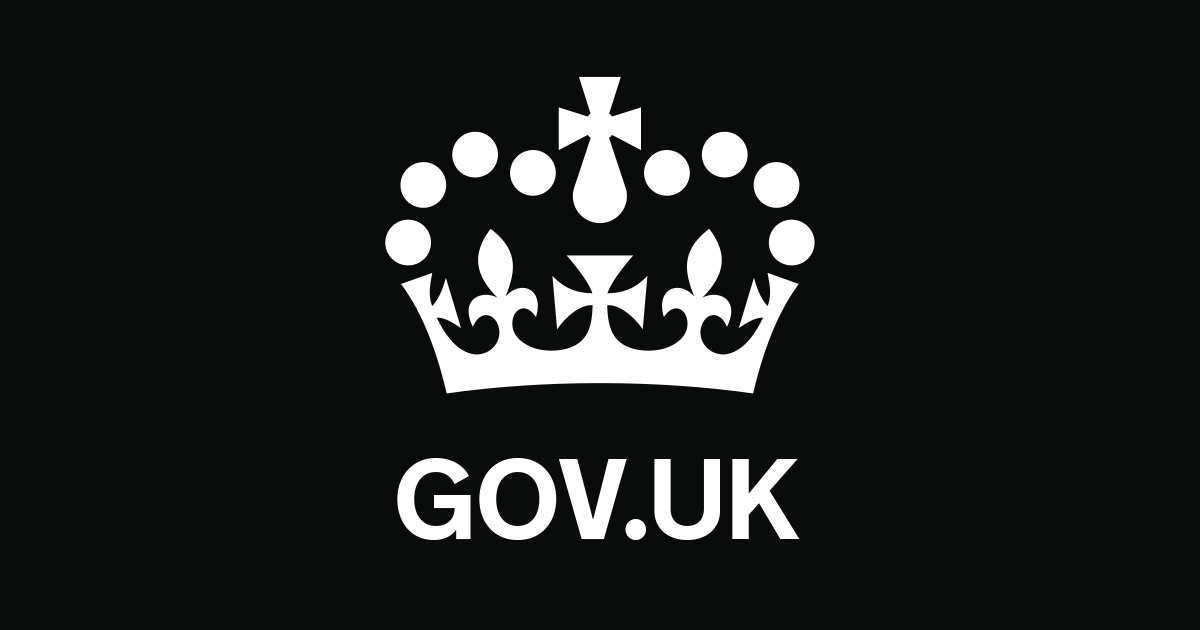
The FCDO advises against all but essential travel to:
- The whole of Senegal based on the current assessment of COVID-19 risks.
Travel is subject to entry restrictions
- To enter Senegal, you must provide a negative test for COVID-19 dated no more than 5 days earlier, issued in the country where you started your trip and authorised by that country or a recognised health organisation
- Several airlines are now requesting a letter of support from the Senegalese Embassy in London (or elsewhere if you are not travelling from the UK) before boarding flights to Senegal. An application form for this purpose can be found on the Embassy of Senegal in London website. This completed form needs to be sent to the Senegalese Embassy at senegalembassy@hotmail.co.uk together with a copy of your passport, air ticket and relevant supporting documents. This will take 2 to 3 working days to process.
See Entry requirements for more information before you plan travel.
Preparing for your return journey to the UK
If you’re returning to the UK from overseas, you will need to:
Check our advice on foreign travel during the coronavirus (COVID-19) pandemic and sign up for email alerts for this travel advice.
If you’re planning travel to Senegal, find out what you need to know about coronavirus there in the Coronavirus section.
If you are traveling between the UK and Senegal and transiting via a third country, check our travel advice for that country.
During the COVID-19 pandemic, it is more important than ever to get travel insurance and check it provides sufficient cover. See the FCDO’s guidance on foreign travel insurance.
Strikes, political demonstrations and social protests are a relatively frequent occurrence in Senegal, particularly in Dakar but also other cities. These are normally peaceful, but can sometimes turn violent. You should exercise caution and avoid areas where demonstrations and large gatherings are likely.
Pickpocketing and street crime are common in parts of Dakar, particularly around Place de l’Indépendance, the central area of the Plateau and the Western Corniche, as well as Gorée Island. Be cautious when changing cash given the risk of false money circulating. See Safety and security
Terrorists are likely to try to carry out attacks in Senegal. Attacks could be indiscriminate, including in places visited by foreigners. See Terrorism
You should be vigilant when travelling in Casamance, the region south of The Gambia. Where possible you should avoid travelling at night, stick to main roads and travel in a convoy when you can. The Casamance region has suffered from decades of low intensity separatist violence, largely directed at Senegalese security forces. While the security situation has improved significantly since 2012, there are occasionally violent incidents, including armed attacks on travellers. There are sometimes military operations in the region. As of June 2020, military operations are underway in Casamance, so there is a risk of heightened tension and armed confrontation in this area. Mines remain in this area from years of conflict. On 15 June 2020, a military vehicle hit an anti-tank mine, killing three Senegalese soldiers. This came two days after another military vehicle hit a landmine. There is a lower level of risk in the main tourist areas of the Casamance. See Local travel
Most visits to Senegal are trouble-free.
If you’re abroad and you need emergency help from the UK government, contact the nearest British embassy, consulate or high commission.
The Embassy continues to carry out essential work including providing 24/7 consular assistance and support to British people in Senegal.